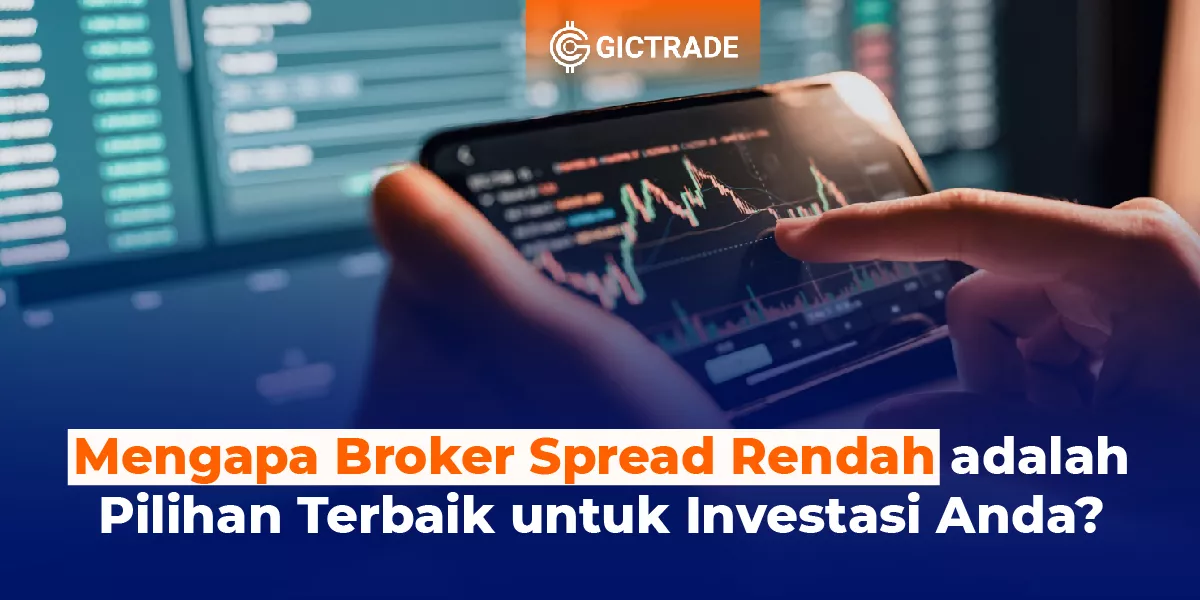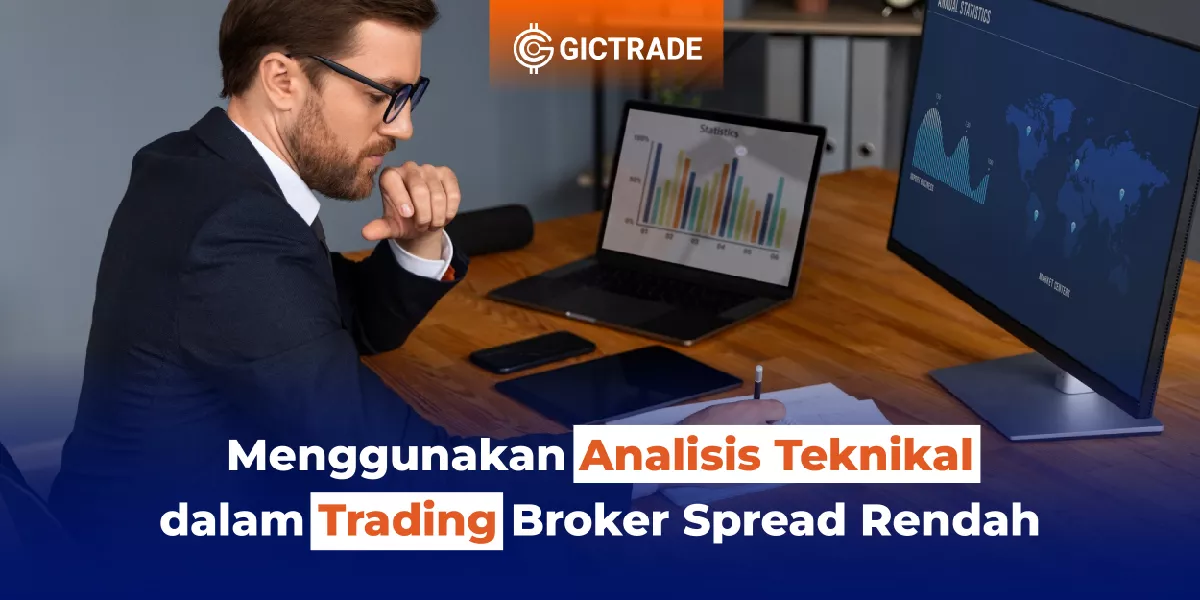Small Spread Broker
A tight spread broker refers to a broker that has very low fees and spreads when compared to other brokers in the forex trading industry. A low forex spread means that there is a relatively small difference between the dealer’s bid and ask price. The spread is how a commission-free broker makes its profit. The fee is built into the bid-ask price of each currency pair you trade.The best low spread forex brokers offer very tight spreads with the lowest spreads available in forex starting from 0 pips. Different spreads can be considered low for different currency pairs. For example, the EUR/USD currency pair is one of the most traded forex pairs in the world and is often used to compare broker spreads. The EURUSD currency pair has an average spread of 0.1-0.8 pips, while for other pairs it is usually higher.
A zero spread account is a trading account offered by a broker that has no difference between the bid and ask price, or spreads that are close to zero on average. However, there is still the potential for spreads to widen, and there are still additional trading costs (commissions, for example) depending on the broker and the account you choose. Trading with a zero spread account makes it easy to enter and exit trades without having to worry about incurring trading costs, as long as there are no commissions or additional costs.
Are There Any Low Spread Brokers with Zero Spreads?
While many brokers advertise zero spreads, it can be misleading to just look at the minimum spread or the lowest spread of the day -- it's possible that the spread is worse (higher) most of the time. That's why it's important to rely solely on the average spread to determine the true cost of a broker claiming to offer zero-pip spreads. Zero spreads imply no pip difference between the bid and ask prices; they're exactly the same price when the spread is 0.
In our research, there were only a few brokers that actually averaged close to zero pip spreads on EUR/USD, but you still have to pay a commission per trade, making the average effective spread higher. Any broker claiming to offer zero pips with no commission should be considered with caution, as they may turn out to be a scam or offer questionable execution practices.
That's why it's always important to only use trusted, highly regulated brokers. For example, Tickmill, FP Markets and IC Markets feature close to 0 spreads for their commission-based accounts, with an average effective spread of anywhere from 0.42 to 0.62 on the EUR/USD pair (using monthly spread data obtained during our 2022 annual review), helping them finish best-in-class in this category.
Should I Choose a Zero Spread Broker Account?
A zero-spread account can make sense if your trading strategy is spread-sensitive or if you simply want to reduce your trading costs as much as possible -- but there are potential trade-offs. Factors to keep in mind include additional commissions and knowing whether the zero-spread is variable or fixed, especially during volatile market conditions when spreads can widen. Consider that execution quality may suffer on a zero-spread account if your trading strategy relies on certain execution qualities, such as avoiding slippage (where your orders can be filled at a worse price).- Advantages of zero spread pricing: Scalping strategies or other high-frequency trading programs that are based solely on latency, or price delays that cause arbitrage, will likely require you to have lower costs (i.e., be cost-sensitive) to be profitable.
- Cons of zero spread pricing: In contrast, other high-frequency algorithmic trading based on technical indicators can perform better at zero spreads, even if there are execution delays or price requotes during fast markets. However, this potential slippage also means that the effective spread can be greater than zero if your order is filled at a worse price.
How Are Small Spread Brokers Calculated?
Spread is an important number to consider when calculating your costs. The way spreads are calculated is broken down into two parts. The price difference is measured in pips. Pip stands for “percentage in points”. In Forex, one pip is usually equal to one point of movement in the market value. This is based on the fourth decimal place of your currency pair. The first is the interbank spread. This is the difference in price between a bank wanting to buy a currency at a fixed price and a selling bank offering.
The broker spread comes in second. Since retail traders use a broker to execute orders, the broker adds a spread markup on top of the Raw Spread. How forex and CFD brokers make money is determined by the execution methods available and their business model. To find out, divide the difference between the buy and sell price by the number of pips, simply subtract the bid price from the ask price of the currency pair. For most currency pairs, 1 pip is equal to 0.0001, such as 1.1061/1.1062 is a 1pip spread for the USD/EUR pair.
Which Low Spread Brokers Offer the Lowest Spreads?
Nowadays, most forex brokers calculate all trading costs into the spread. In this way, low spreads mean low trading costs. There are many forex brokers in this competitive forex market who claim that they offer very low spreads to attract investors and generate investor business. Here we find Eightcap offering the lowest spreads, with spreads on major currency pairs starting from 0 pips, and 0.1 to 0.4 pips for most minor and exotic pairs.While other forex brokers offer spreads on major currency pairs, usually starting from 0.5 pips to 1 pip, easy to calculate. In addition, Eightcap also provides advanced MT4 and MT5 trading platforms, advanced trading tools, various trading instruments, various contact channels. In addition, there is GIC which also has a low spread that you can choose for trading facilities. Trading at GIC itself also provides MT4 and MT5 trading platforms, as well as applications that have various features that can be used by traders such as GIC Social Trade, GIC Signal, GIC Affiliate, GIC Academy, GIC Bridge, and also GIC Trade.
Tips for Choosing a Good Low Spread Broker?
If you want to be successful in your forex trading, or any other investment, the first and most important step for any forex investor looking to participate in the forex market is to find a good broker partner. Here are some tips to help you find the right broker:- Regulation is usually the first indication of a trustworthy and reliable broker. Regulated brokers are required to keep client funds in segregated bank accounts, separate from their operating funds to protect clients.
- Good trading conditions will increase your chances of making money in the market, while unfavorable trading conditions can expose you to market dangers. A good broker will offer different accounts to suit the individual needs of different traders and require a much lower minimum initial capital amount.
- Trading platforms serve as your entry point into the FX market. They allow you to buy and sell instruments. In most cases, reliable forex brokers operate classics, such as MT4, MT5, or both. Investors should be more wary when dealing with less reputable or unregulated brokers who use proprietary trading platforms.
- A reliable forex broker will always make it easy for you to withdraw the funds you deposit.
- Looking at broker reviews and discussion boards should be part of your research when choosing a broker. Some other perspectives you should also look at are the broker's background, level of market coverage and the educational tools offered by the broker.
Therefore, it is important to be able to read the fine print and understand what to look for when deciding which broker to choose. This guide covers the best zero spread forex brokers and explains what you need to know to choose the best option for your needs. Don't forget to register with GIC to be able to trade and enjoy the low spread broker feature along with other benefits from GIC!
 Last:
Last: 







